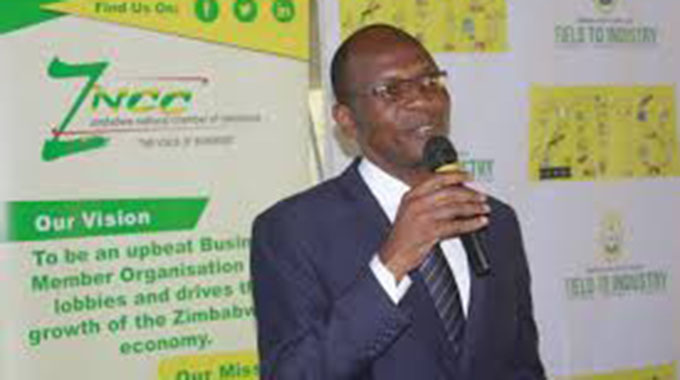New currency not priority: Ncube

Golden Sibanda Senior Business Reporter
Finance and Economic Development Minister Professor Mthuli Ncube said on Tuesday Government was not in a hurry to issue new Zimbabwean dollar notes/coins, but rather focused on the need to replace soiled bank notes and coins.
Professor Ncube told journalists in the capital, Harare, that priority was also on establishing the extent of demand and the amount of physical cash required by the market.
The Treasury chief’s remarks follow recent media reports that Zimbabwe would soon issue out a new regime of bank notes and coins after it recently reintroduced domestic currency after scrapping the local unit in 2009.
After banning the multi-currency regime in June, Zimbabwe’s sole legal tender is now constituted by real time gross settlement (RTGS) balances, bond notes and coins, which collectively represent the new Zimbabwean dollar.
Asked if he will introduce a new regime of Zimbabwe dollar currency, Prof Ncube retorted; “Not just yet, when we are ready we will let you know ourselves; officially.”
He said at the moment the focus was on replacing worn out and soiled bank notes and coins as well as determining and closing gaps in terms of the quantum required.
“The Zim dollar as things stand is basically bond notes, RTGS and bond coins; that is the official position; that is where we are right now. When we are ready to do anything else we will let you know,” the Finance Minister said.
On the need to increase physical cash in circulation, given the cash crunch that sees unscrupulous dealers charging steep premiums for one to convert electronic balances to physical cash, he said the quantum will be empirically determined.
“There is a process for introducing additional cash into the market, as determined by demand. There is a formula and scientific approach of doing it, which the Reserve Bank of Zimbabwe uses. So, that’s the methodology that is going to be used from time to time,” the Treasury boss said.
Minister Ncube said every country should have its own domestic currency, which citizens must love, use and be proud of. In Zimbabwe, this entails using the Zimbabwe dollar.
Since February 2009 Zimbabwe used a basket of currencies commonly referred to as multi-currency system, dominated by the US dollar for most domestic transactions.
Later in 2016, the southern African country also introduced bond notes and coins as an export incentive, but this was after it started experiencing US dollar cash shortages.
The bond notes and coins exchanged at par with the US dollar.
But after converting all US dollar electronic balances to local currency in February, Zimbabwe liberalised its foreign exchange regime through the interbank market; starting at 2,5 RTGS dollars to 1 US dollar.
The RTGS dollar’s exchange rate has since lost ground against the green-back on the interbank market, sliding from 2,5 to the dollar in February to about 10 to 1 at the moment.
Amid an unrelenting dollar crunch for a country heavily dependent on imports due to constrained productivity, Zimbabwe’s annual inflation raced from 5,39 percent in September last year to 176 percent in June this year before Government stopped its publication.








Comments